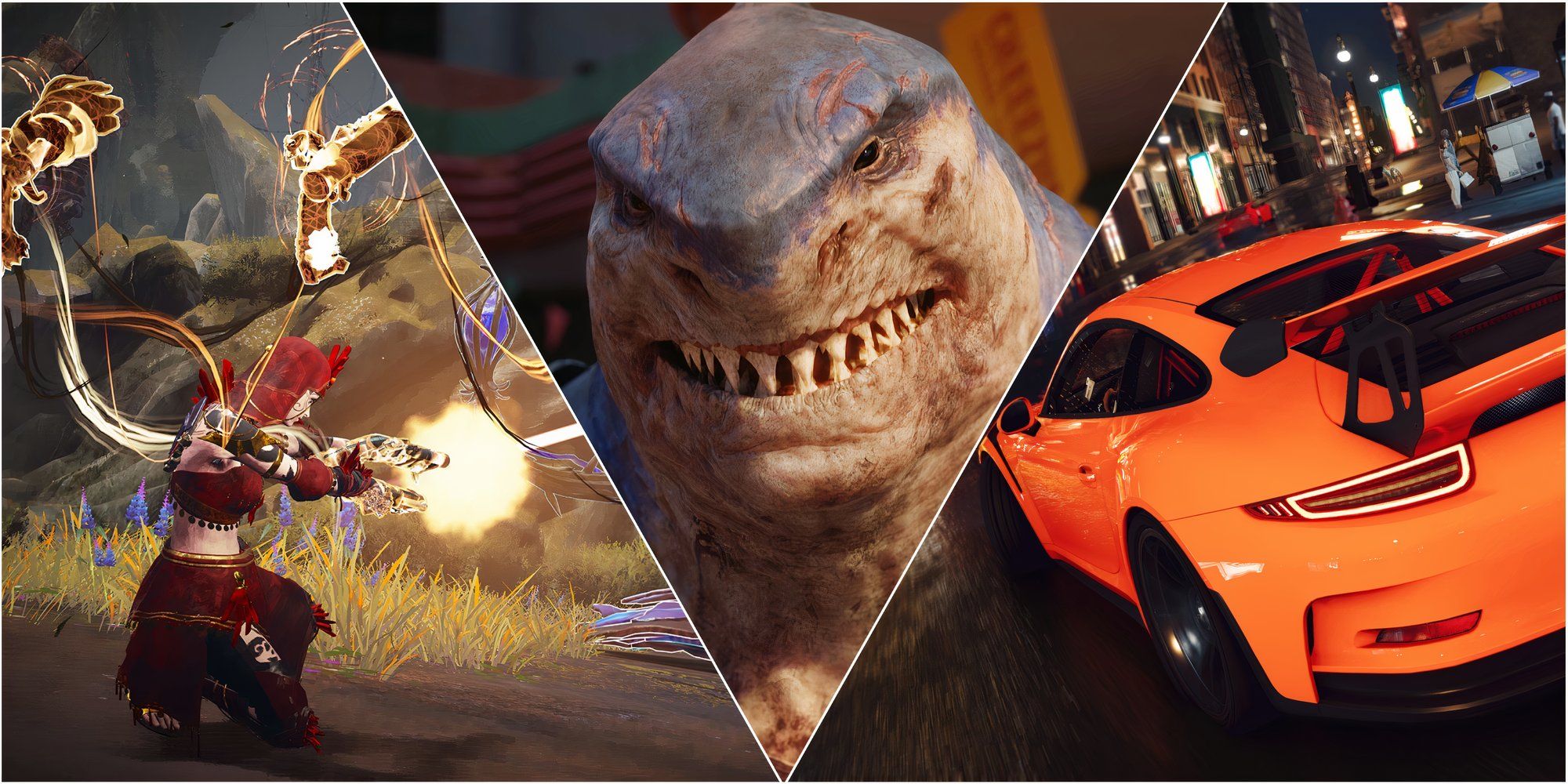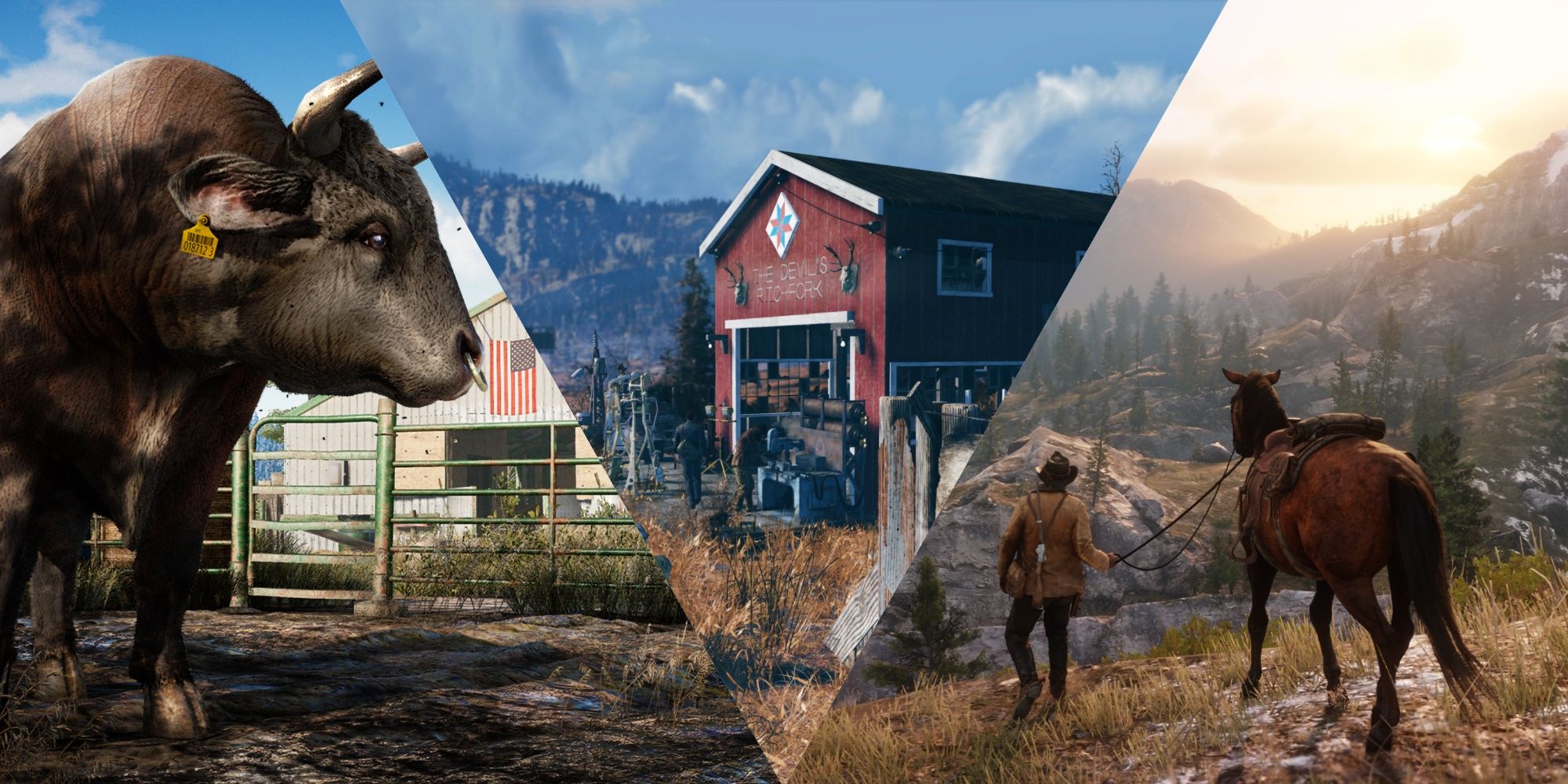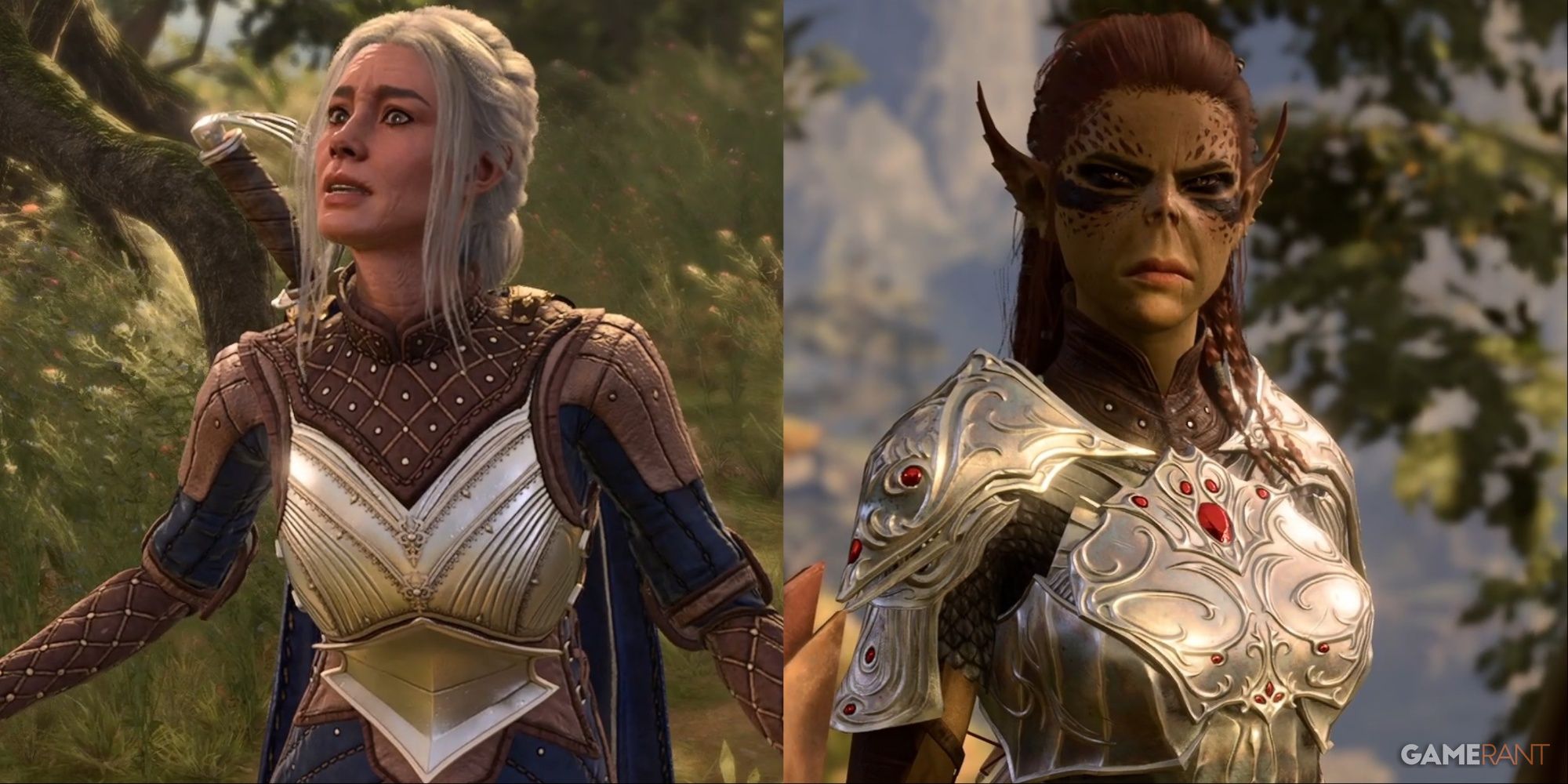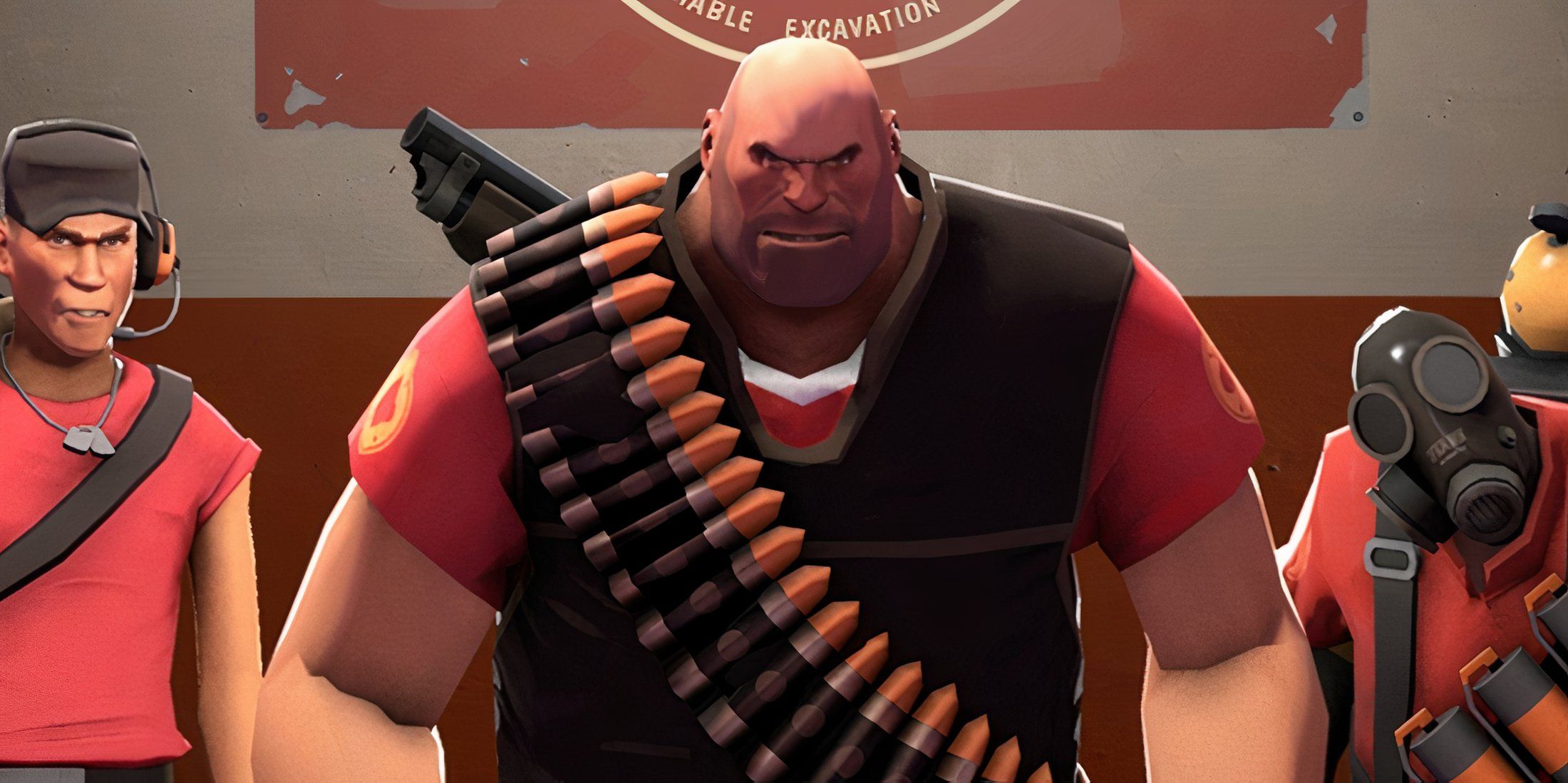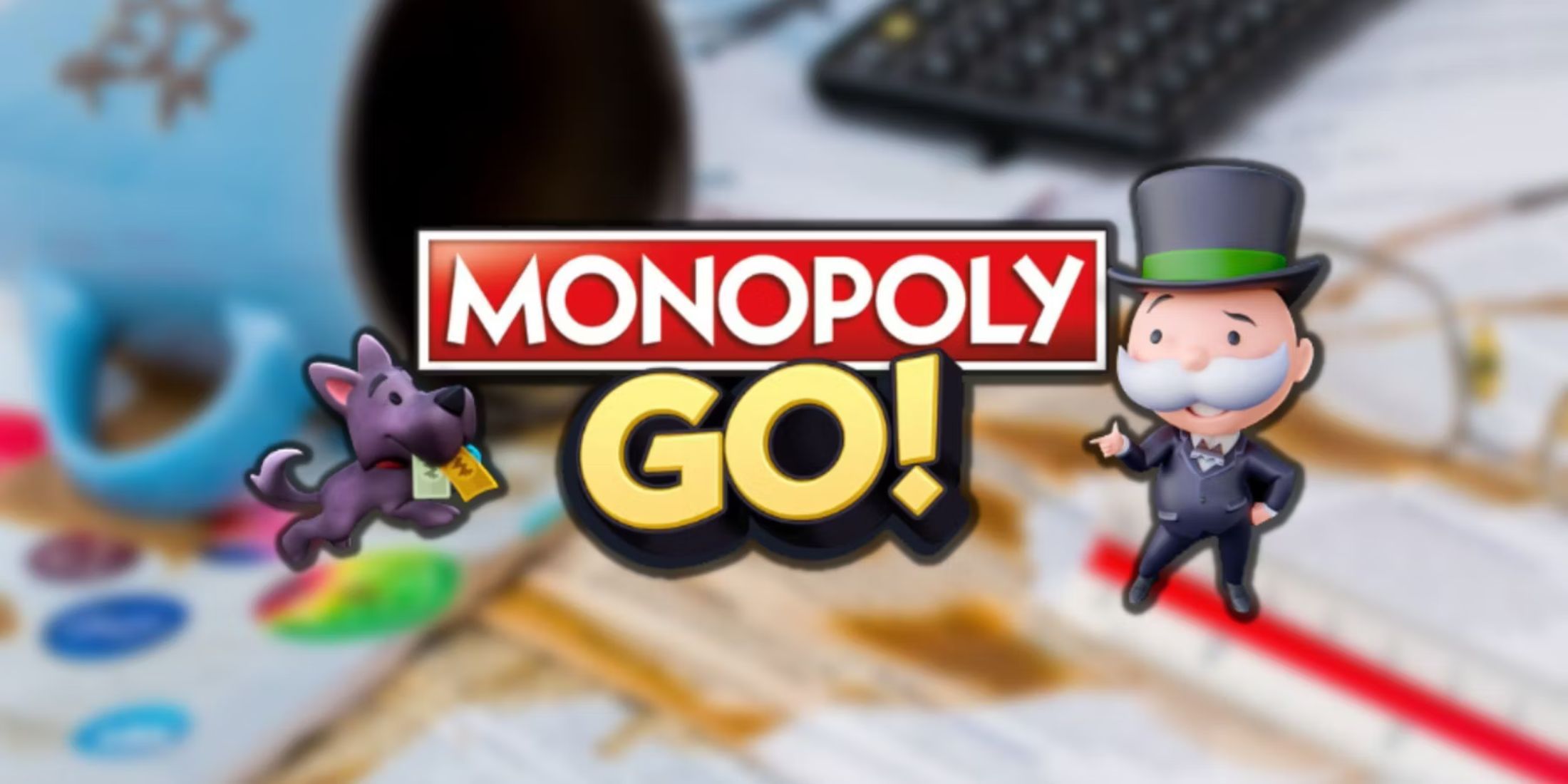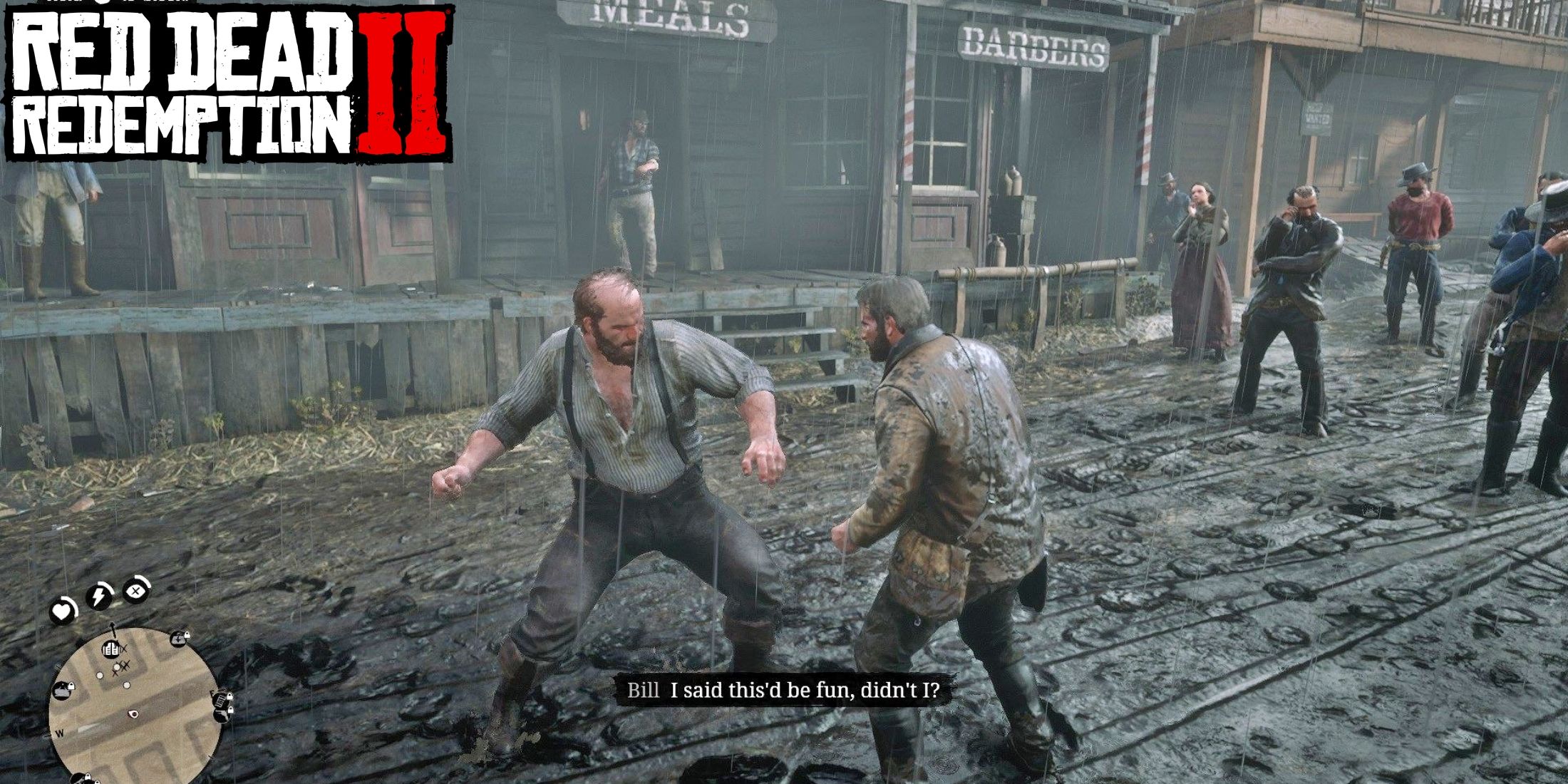In recent years, one of the biggest trends in the video game industry has been the push for games built around the Live Service model. The constant cash flow, along with long-term profits, is a key reason why developers are drawn to this genre.
However, while there are well-executed examples of Live Service games that keep players engaged for years with abundant content, many releases fail to meet expectations. As a result, several games released under this monetization model leave players wondering what could have been if the focus had been on an offline experience.
7 Skull And Bones
Ubisoft Could Have Invested In An Assassin’s Creed 4 Remake
For many players, Assassin’s Creed 4 is one of the best games in the franchise, delivering fluid gameplay and intense naval combat. Therefore, expectations for Skull and Bones were high, given Ubisoft’s experience in creating games within this genre. Unfortunately, the result fell far short of what was anticipated.
In addition to the numerous development delays that plagued Skull and Bones, the decision to launch the game as a Live Service left players uncertain about the final product. These factors, combined with gameplay lacking the complexity and enjoyment found in Assassin’s Creed 4 or its competitor, Sea of Thieves, led to the game being poorly received and largely ignored in the market.
6 Suicide Squad: Kill The Justice League
Disappointment Among Fans
In the past decade, Rocksteady’s Batman Arkham trilogy became one of the most beloved series among superhero fans. When the studio announced a return to this universe with a multiplayer game, it seemed like a good idea. Unfortunately, the Live Service model and the game’s monetization did not satisfy players, who didn’t embrace Suicide Squad: Kill the Justice League.
Coupled with this was a series of creative decisions in the story that further diminished the game’s popularity, such as the reasoning behind some superheroes’ defeat throughout the game. While the gameplay offered some fun moments when playing with friends, it failed to hold players’ attention for long, leaving them yearning for a return to the offline Batman games.
5 Marvel’s Avengers
Square Enix’s Foray Into The Superhero Universe
An online game featuring the superhero team from the Marvel Cinematic Universe, the Avengers, developed by Square Enix, a company known for delivering consistently high-quality games, didn’t seem like it could go wrong. However, Marvel’s Avengers failed to meet players’ expectations for various reasons.
For instance, the characters felt generic, as their appearances neither resembled the comic book heroes nor the movie actors. The gameplay also failed to engage players. Additionally, the grind required to progress in Square Enix’s Live Service left many dissatisfied, further contributing to the game’s low popularity.
4 The Crew 2
Overreaching Ambition And Disappointing Execution
The Crew 2 sought to expand the open-world concept of its predecessor, allowing players to compete across a variety of vehicles, including cars, planes, and boats. However, the execution fell short of expectations, with gameplay lacking polish and driving physics that failed to deliver the expected realism in a racing game.
The Live Service model, which promised to keep the game fresh with new events and challenges, ended up disappointing due to the lack of meaningful content and repetitive missions. As a result, the expectations of having a diverse racing game turned into a fragmented experience that failed to engage players in the long term.
3 Anthem
Bioware’s Wasted Potential
BioWare was once one of the most respected companies in the video game industry, known for producing franchises like Mass Effect, Dragon Age, and the original Baldur’s Gate games. So, when it was announced that they were working on a new series, fans were excited about the result.
However, the Live Service model applied to Anthem did not meet players’ expectations, along with gameplay that had its moments of fun but fell short compared to what the company had delivered in previous games. For many BioWare fans, the release of this game was a misstep, and if it had remained an offline game, it might have better showcased the developer’s talents.
2 Battlefield 2042
A Failed Attempt To Revitalize The Franchise
Battlefield 2042 promised to deliver a grand multiplayer experience, with massive maps and epic battles, but the launch was marred by numerous technical issues, including bugs and glitches that negatively impacted gameplay. The game was also criticized for removing classic features from the franchise, leaving many fans disappointed with the direction taken.
The Live Service model failed to keep most part of the player base interested over the long term, although EA still maintains the game with occasional updates. Also, the absence of a single-player mode was also seen as a misstep, alienating a portion of the audience that appreciated the campaigns in previous games.
1 Babylon’s Fall
Great Combat In An Otherwise Disappointing Game
Babylon’s Fall was developed by PlatinumGames in partnership with Square Enix, the studio behind some of the best combat mechanics in video games, so expectations were high for its release. While the game featured dynamic combat, praised especially for its battles—where the developers truly shined — unfortunately, nothing else seemed to work well in the game.
As a result, Babylon’s Fall’s Live Service model didn’t last long. Less than a year after its official release, the developers announced that the servers would be shutting down, and during its brief run, few updates were released to try and fix the game’s issues, leaving those who purchased it disappointed.
Related
The 5 Best MOBAs Of All Time
MOBAs have been popular for a while, and the following MOBA games are considered the best of all time in the genre.
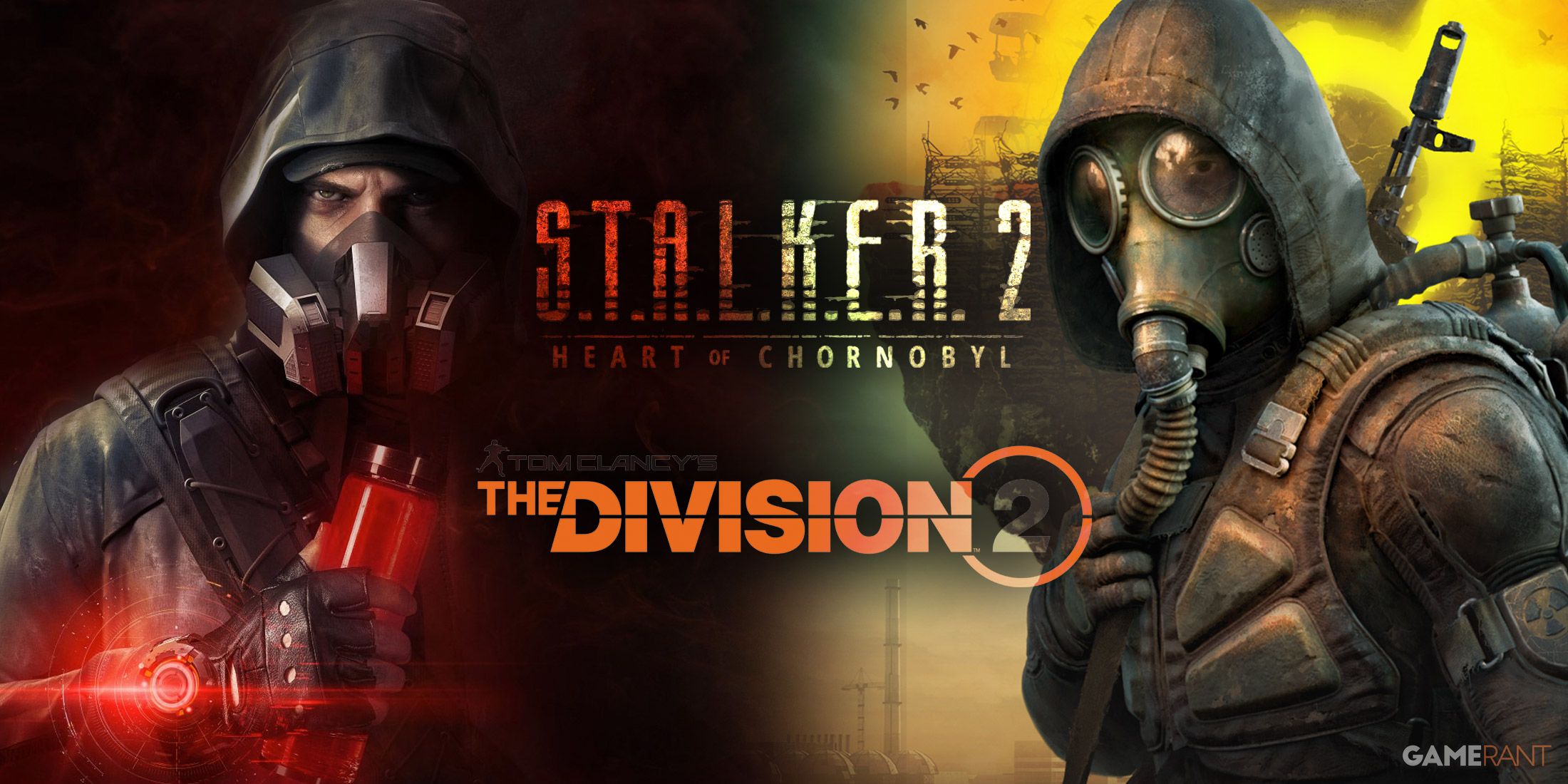
/cdn.vox-cdn.com/uploads/chorus_asset/file/25582589/DSC08015.jpg)
